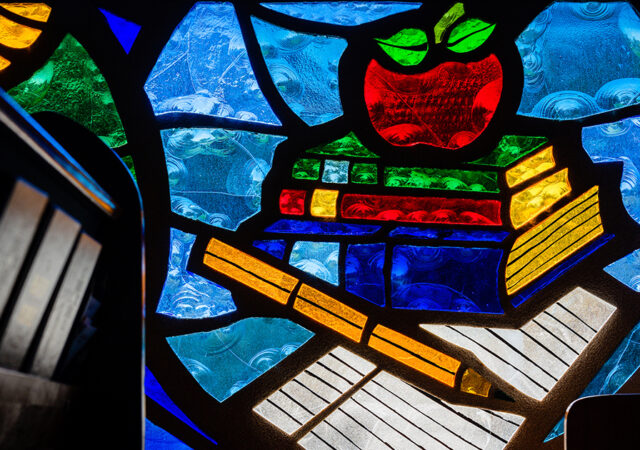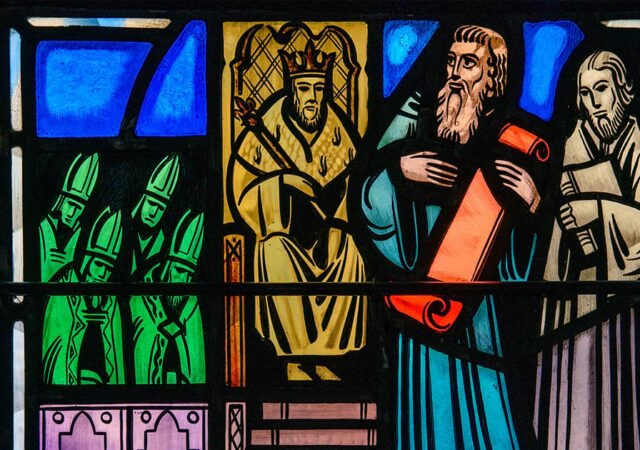SALT LAKE CITY (RNS) — If a group of Orthodox Christians meeting in Salt Lake City Oct. 14-16 has its way, future generations of Greek, Serbian, Russian and other ethnic faithful all will worship together in a single American church.
A unified church would “honor and celebrate the multicultural Orthodox community here,” says Bill Souvall, president of the group Orthodox Christian Laity. “It would give us a powerful presence in America. Spiritual seekers and searchers would find us.”
There currently are 14 Orthodox jurisdictions in America, and each has its own bishop in the country of origin and its own language, but the liturgy and doctrines are the same, Souvall says. “The churches of America should be American. They shouldn’t have all these separate archdioceses.”
Even so, this push for unity is not universally accepted.
Some bishops who look to Europe for leadership are not eager to displease their superiors, Souvall said. Older members also worry about losing their language, culture, identity and ties to their home countries.
Such immigrants built their American parishes “with their nickels and dimes,” says George Matsoukas, OCL’s executive director. They always have been “the force that guided the church.”
Each Orthodox group that came to the U.S. looked to its home for ecclesiastical guidance. After the Russian Revolution in 1917, the Russian Orthodox Church split between those who left and those who stayed. By the 1970s, the Russian Orthodox Church allowed its American wing to go independent and become the Orthodox Church in America.
The OCL began pushing for greater involvement in church governance, and clergy and lay members have been talking about unity off and on ever since.
Last year, more than 60 bishops convened an Episcopal Assembly of North and Central America. They discussed, Matsoukas says, the spiritual and legal issues confronting a move to unify the diverse groups.
This week, those gathering in Salt Lake City hope to advance the conversation. They will consider what legal and structural obstacles to unity remain.
“Orthodox Christianity in America is at a crossroads,” Matsoukas says. “Our bishops may be stuck in a groove, but the young people are asking for this. We all need to work together — clergy, hierarchy and laity — in love and fellowship for the good of the church and of the nation that we live in and are a part of.”
— Peggy Fletcher Stack / The Salt Lake Tribune
© 2010 Religion News Service. Used with permission.
Posted Oct. 14, 2010




